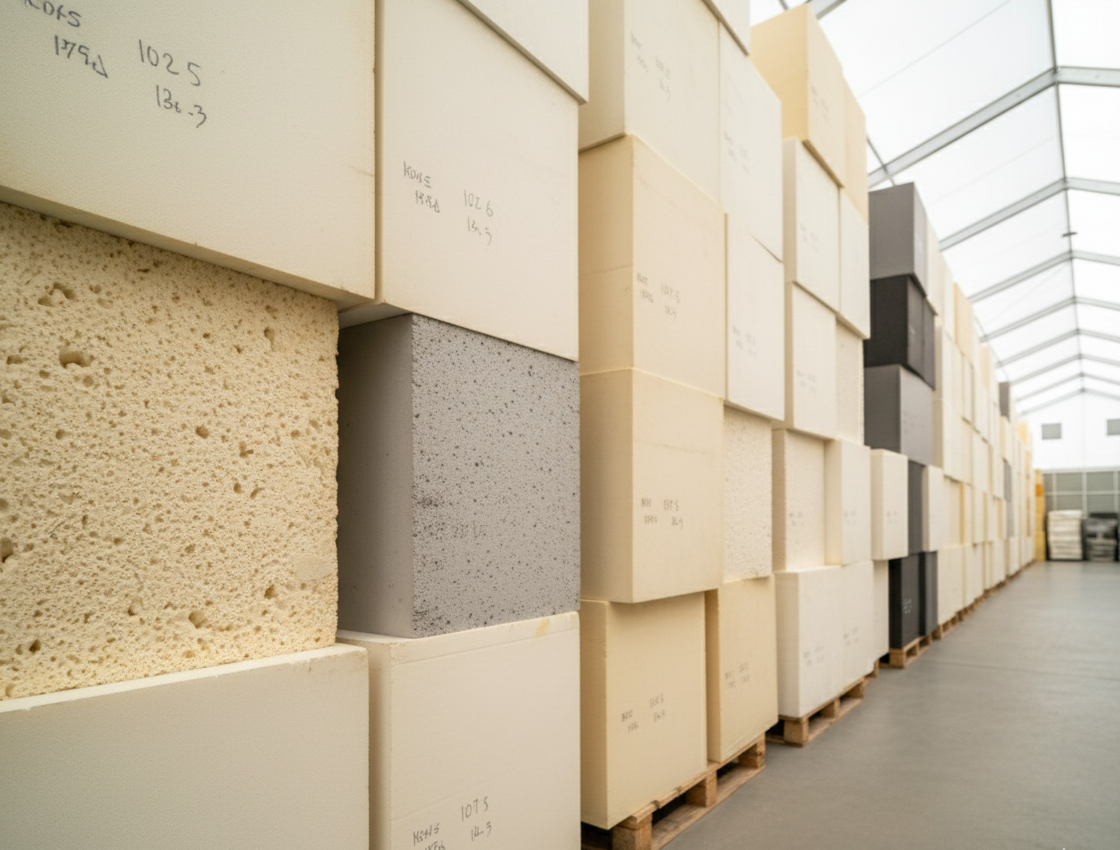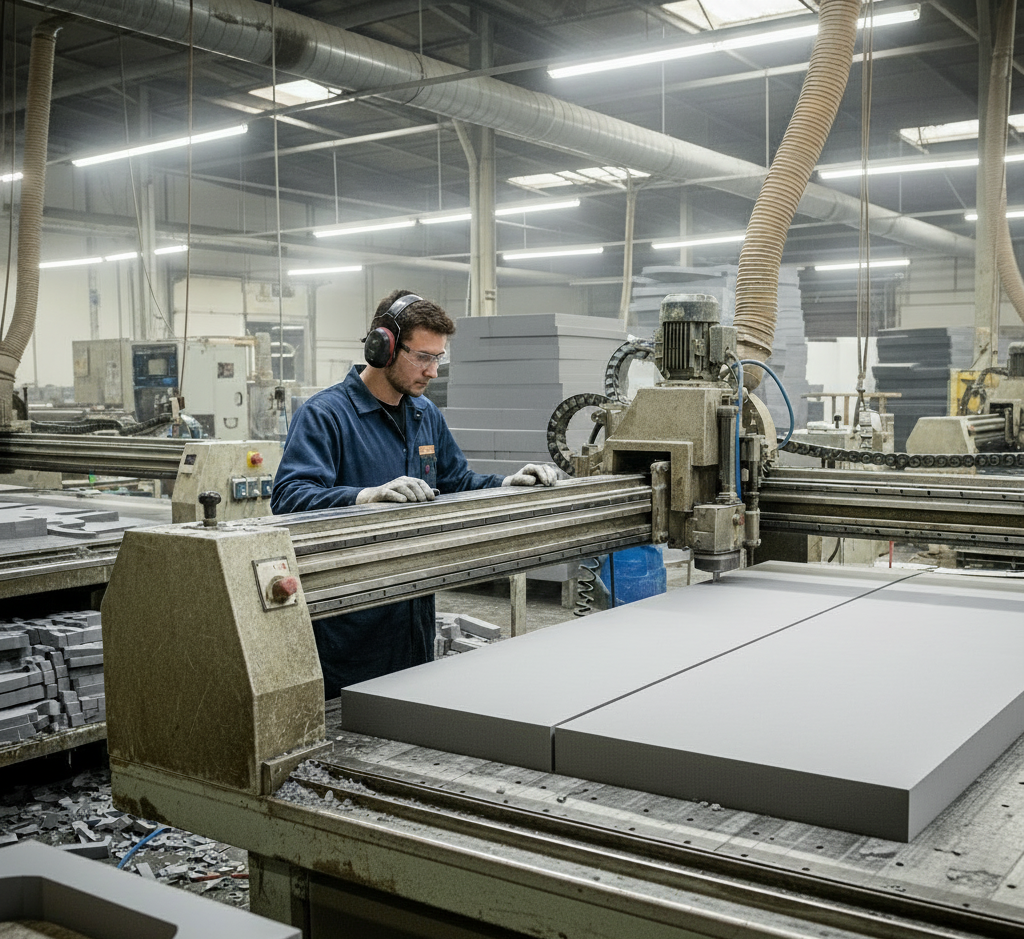MeMOM is successfully used in various industries. See examples of implementations and functionalities that can support production management in your specific use case.
The pharmaceutical industry requires strict control of product series. MeMOM allows orders to be divided into series at the planning and scheduling stage according to specified parameters, such as the quantity of semi-finished products or mixer capacity. Production reporting is carried out in close relation to the series.
The planned duration of the task may vary depending on the type of production step: proportional (e.g. encapsulation), batch (e.g. mixing) and fixed time (e.g. CIP), with possible time shifts (e.g. drying or maturing) and taking into account expiry dates (FEFO). MeMOM enables to combine process production (weighting, mixing etc.) with discreet production (encapsulation, blistering, packaging etc.).
The Legality Check feature allows you to define requirements specified by law, GMP, and internal procedures (e.g., CIP at least once every four days). The system will automatically detect violations of defined requirements and allow you to schedule tasks to remedy these violations.
Production data collection features (raw materials, room temperature, operators, machine parameters, etc.) ensure full traceability and tracking of each batch. MeMOM offers dedicated support for precise weighting of raw materials and integration with scales. This minimizes errors and saves time needed for documentation. MeMOM provides MES for pharmaceutical industry that can provide everything you need to prepare EBR.
How to include cleaning, validation and changeover of a pharmaceutical line in the schedule when it is determined by dozens or hundreds of rules such as: after product A, we always produce product B, or after using raw materials from group X, we cannot produce products containing raw materials from group Y, and cleaning always occurs after a minimum 1-hour machine downtime? With MeMOM, this is possible due to its advanced functionalities such as changeover matrix.
Unplanned services such as additional grinding of raw materials, repeat pre-inspections or additional cleaning affect the production schedule, but cannot be planned in advance. With MeMOM, the schedule is recalculated with a single click when such an unexpected event occurs. Moreover, the schedules are always up to date in line with the reported capacity of particular production tasks.
In pharmaceutical production, several processes often have to coincide within a single period of time (for example, the filling and coating of medicines manufactured as gelatin capsules or mixing the same product in 2 mixers with different capacity). Semi-finished products often need to be left to stand for a certain amount of time, but their expiry date is short. You can easily model such complex cases in MeMOM APS functionality, saving a lot of time currently spent on manual planning and rescheduling of operations.



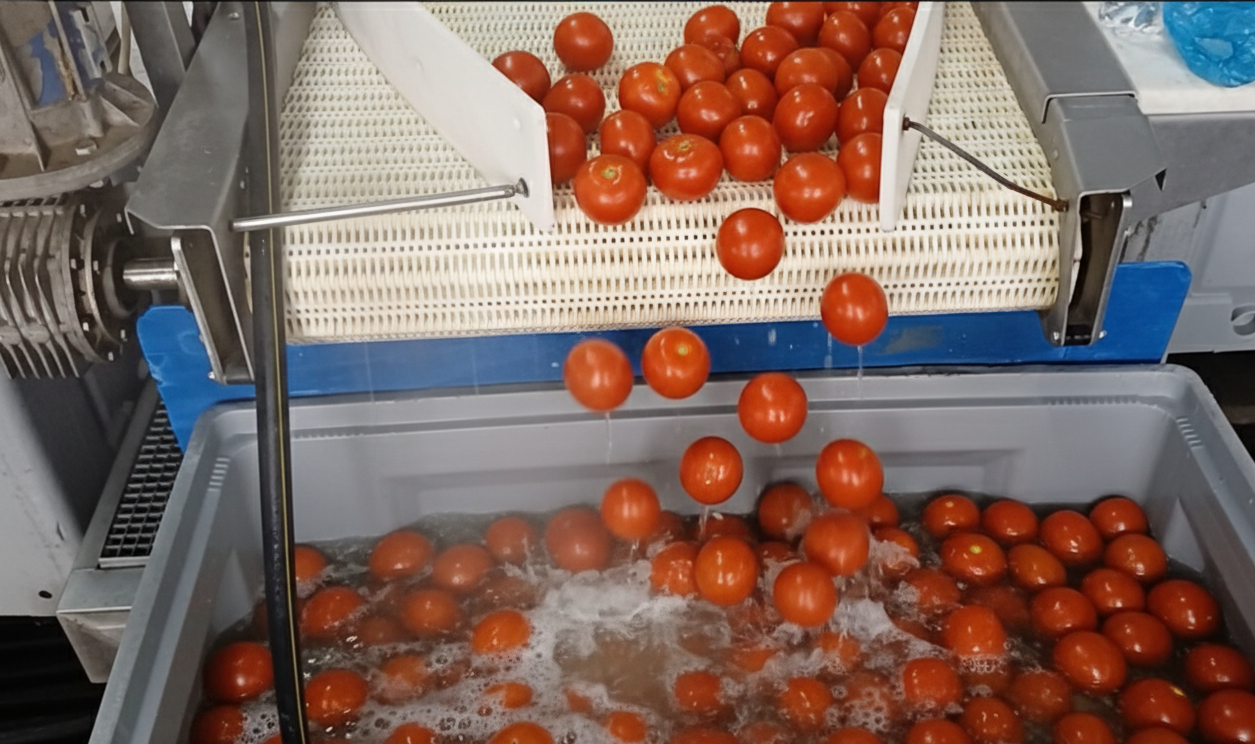
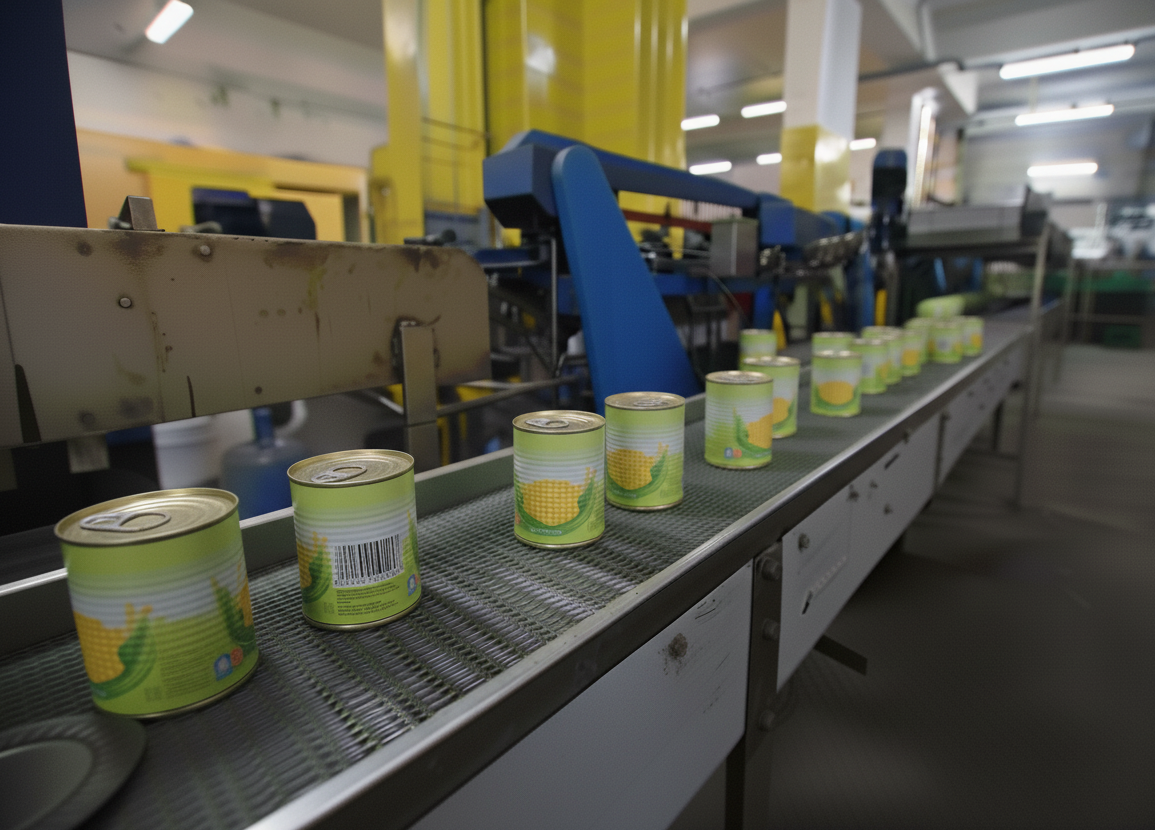
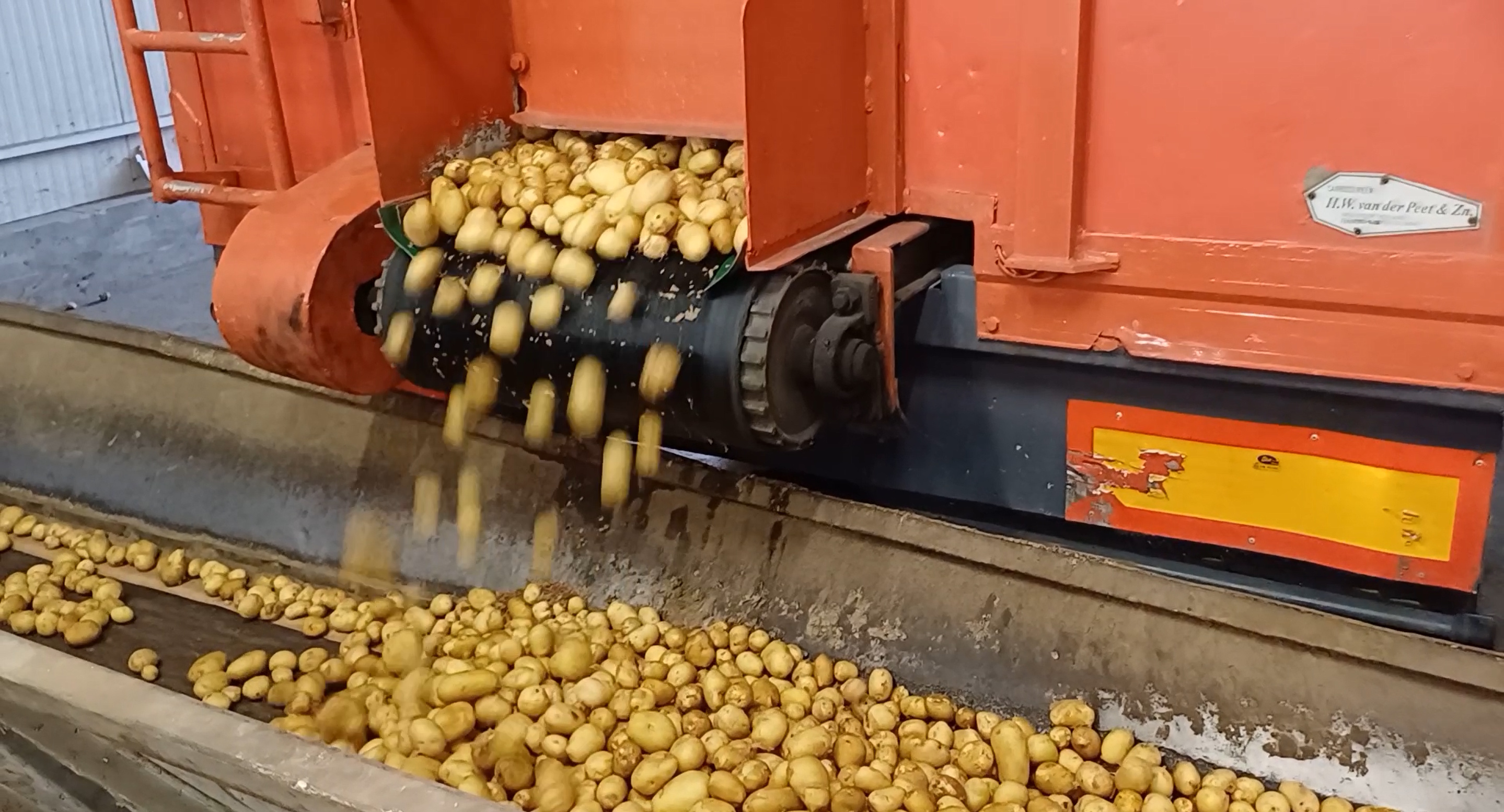
Purchase of raw materials is often a steering process for the whole factory. It needs to be synchronized with production tasks so that raw materials stays fresh and the capacity of machines were fully used. MeMOM offers functionalities to serve the process, enabling participation of external users (cooperatives of food producers). Integration with scales enables to prepare reports of discrepancies preventing from mistakes and frauds. MeMoM enables quality control upon receipt of raw materials according to defined forms, which allows for proper classification of raw materials for further processing.
Our mechanisms of rough-cut capacity planning enables to forecast needs for raw materials and packaging materials in S&OP process. The requirements are generated on a basis of product technologies, including production processes efficiencies. This allows to keep stocks at minimal levels with no risk of shortages.
Scheduling and execution tracking is performed by a single batch of products. Production parameters can be assigned to a single batch. In the event of a quality issue with raw materials or production, MeMOM allows you to identify only those specific pallets that are affected by the issue within seconds.
MeMOM allows you to manage multiple locations (zones within a single warehouse or multiple distributed warehouses). It helps you avoid losses resulting from incorrect releases of raw materials or finished products in accordance with FEFO. Automated labelling and code scanning using RFID will streamline your work and help you avoid errors. The MeMOM mobile application allows you to use phones and tablets without investing in additional equipment.
Conventional scheduling and planning in Excel or an ERP system often fails because it does not take into account the realities of the production floor. MeMOM creates a schedule that is realistic to implement, taking into account all limitations (eg. availability of materials) and rules (eg. related to alllergens). Than due to MES functionalities, the schedule is updated in real time so that delivery date is always true. depending on the situation on the shop floor.
Injection molding is energy intensive industry, that is why knowledge of the specific electricity consumption in processes is crucial. MeMOM allows you to collect this data in the granularity of specific raw materials, products, machines and production steps (grinding, overrun, drying etc.), analyze it and then create production schedules taking into account the detected dependencies.
The availability of moulds and injection moulding machines that can be equipped with them is crucial in the injection moulding industry. MeMOM allows you to build mould-machine dependency matrices, arrange availability calendars, and eliminate availability conflicts in the schedule. It is also possible to manage maintenance work and include it in the schedule.
Manually arranging hundreds of orders with different colors and molds on multiple injection molding machines is impossible for a human being. MeMOM allows you to group production tasks so that the similar ones are scheduled one after another. In more advanced scenarios, MeMOM offers algorithms to optimize sequences in order to minimize cleaning and changeover times.
In MeMOM you can define whether all nests in a mould are active. If a nest is deactivated due to a quality issues, your schedule will be recalculated according to the new yield.
Both at the stage of preparing raw materials and shipping orders to customers, MeMOM will guide your employees through the process of picking raw materials and finished products. Automatically generated picking lists on the mobile application will eliminate errors, save time, and reduce stress.

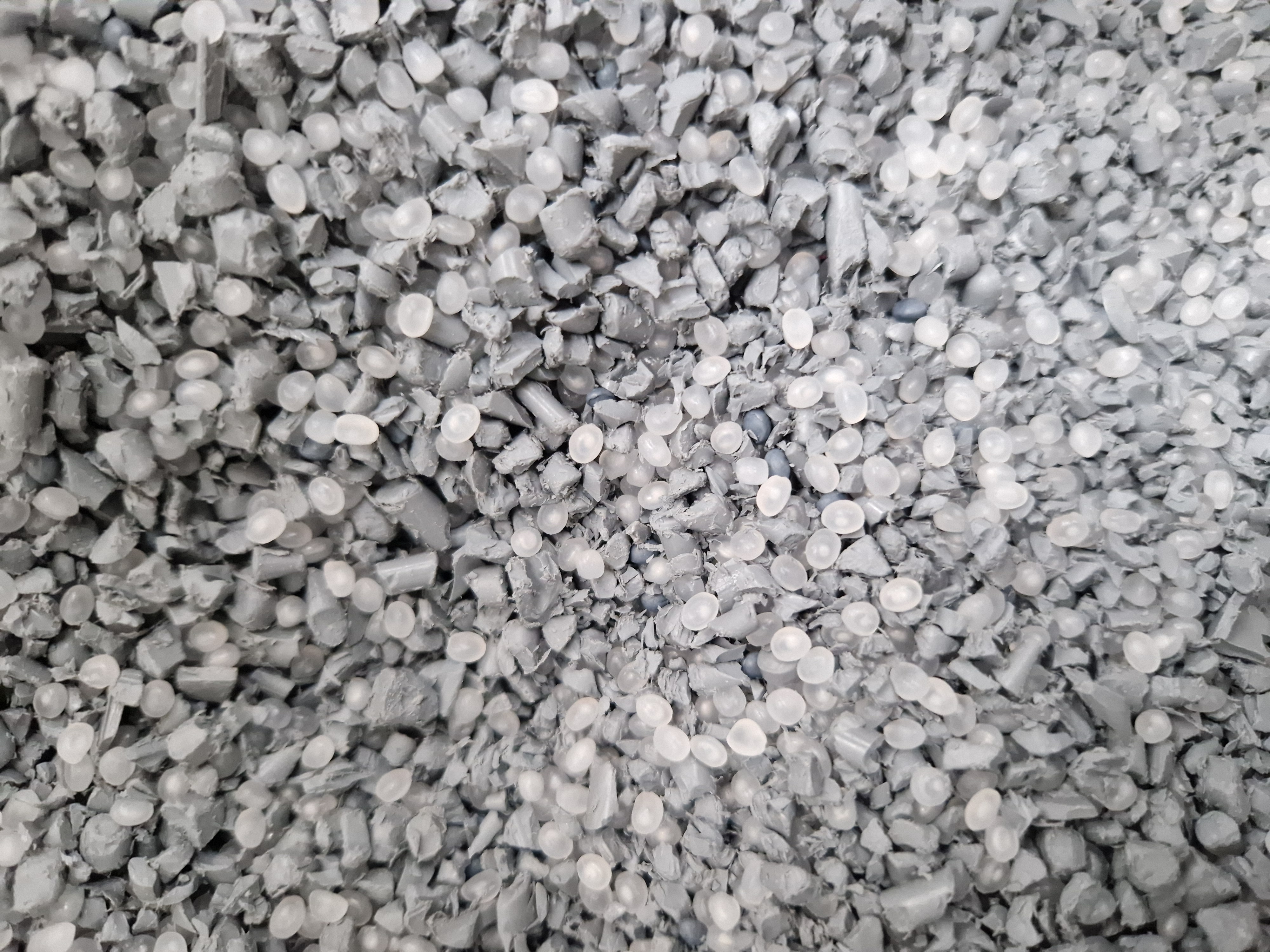
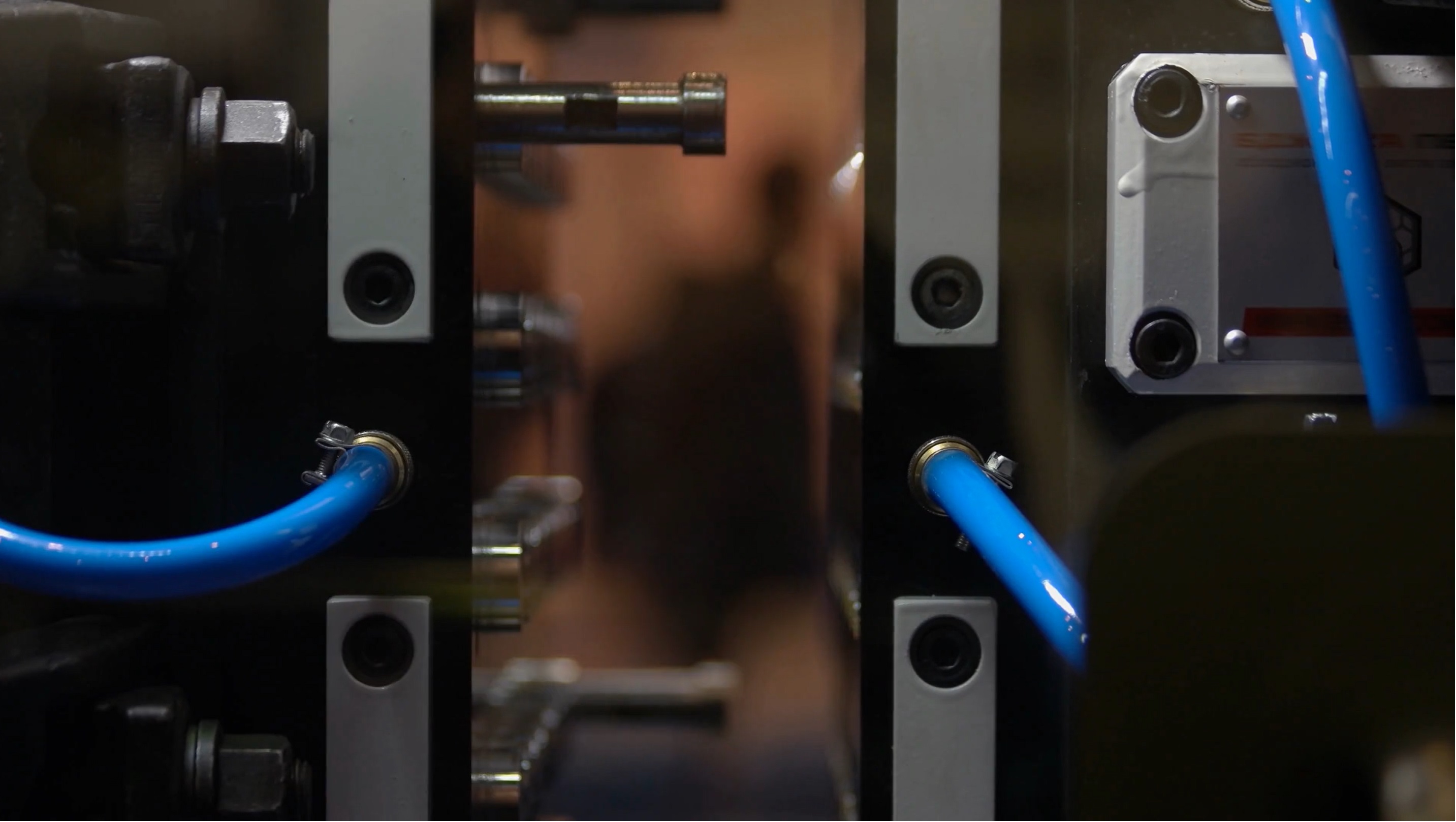
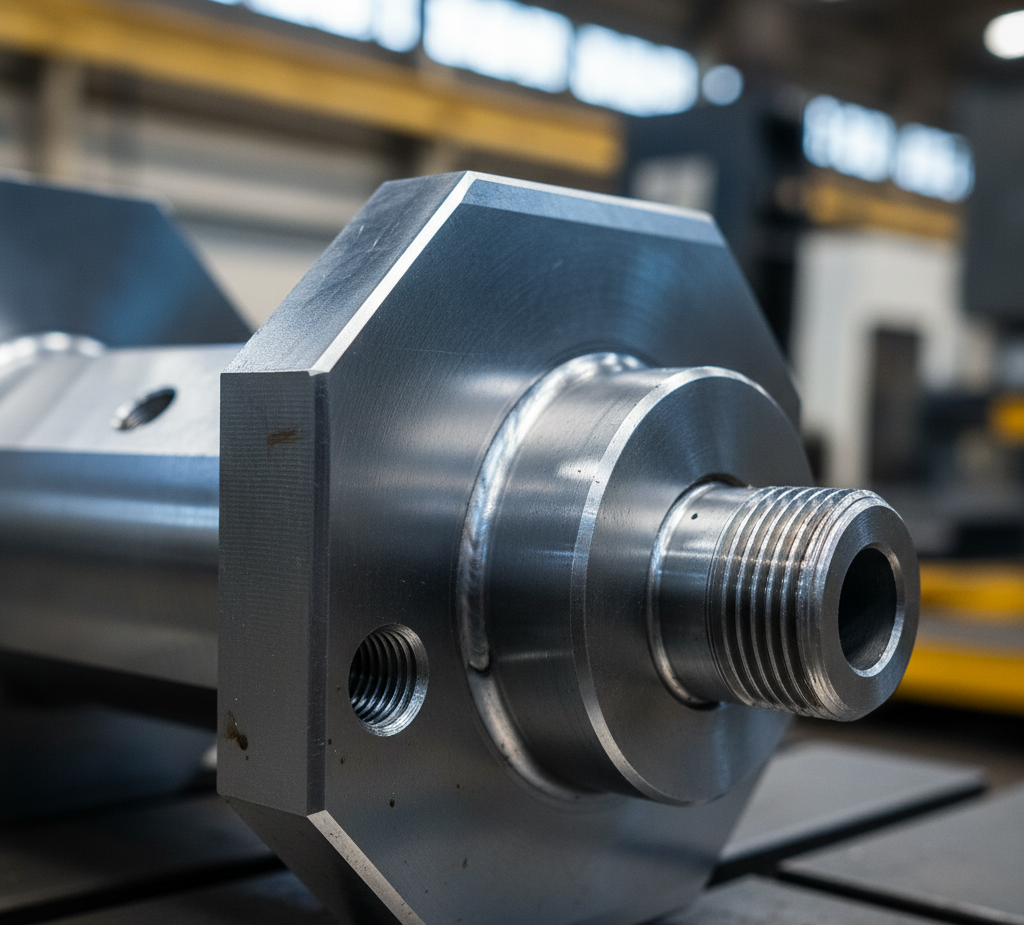


In the metal industry, a single part is almost never produced on a single machine. The route (technology) is complex. MeMOM understands that the ‘Milling’ operation cannot start until the ‘Cutting’ operation is complete, and 'Painting cannot start before ‘Welding’. It also knows that if the main milling machine is busy, the order can be completed on an alternative (replacement) milling machine, but this will take, for example, 15% more time. It suggests which option is better for meeting the deadline for the entire order.
The schedule is not static. When operator reports that a key CNC machine has failed, the system recalculates the entire schedule for the rest of the plant within seconds, showing a new, realistic plan. When a priority order comes in, the planner can use the ‘what-if’ function and get a result: ‘If we squeeze this order in for tomorrow, it will delay orders X, Y and Z by one day. Do I accept?’. When a salesperson accepts a new order, MeMOM is able to immediately give them a realistic delivery date because it knows the current load on all machines and materials.
MeMOM creates schedules which answers questions like: Is the CNC machine available (it knows that a ‘5-axis CNC milling machine’ is not the same as a ‘3-axis milling machine’ and cannot replace them arbitrarily, unless such a rule has been defined)? Is the critical cutter available (and not, for example, undergoing refurbishment)? Is the dedicated holder available (and not being used on another machine)? Is an operator with the required qualifications at work at this time? Is the material (with a specific melt number) in stock? This makes schedules feasible and provides realistic predictions of order completion dates, unlike ERP systems, for example, which only see machines with infinite capacity.
MeMOM accurately calculates OEE, showing actual losses in availability (breakdowns, changeovers), performance (micro-stops, slower cycle) and quality. It also allows you to analyse the causes of downtime and eliminate the most common problems. MeMOM can monitor whether the actual cycle time complies with the assumed technology.
MeMOM creates a schedule only for those materials (blocks/rolls) that are physically available in the warehouse (or have a confirmed delivery date). For unavailable materials, it assumes a defined waiting time. If there is a ‘remainder’ left over from a large block, operator can register it in MeMOM and assign it a unique identifier with locality. It will be included in production of smaller orders in future (instead of cutting a new, full block).
Highly skilled operators decide often to group some production tasks by material or a tool. They sometimes decide to produce semi-finished products in advance when they have raw materials left over and know that orders for them will be repeated. MeMOM allows both: to report simultaneous operations and include them in the schedule as well as include unplanned operations and report their stock levels. This allows to coordinate the shopfloor with the office - everybody knows what is happening and how the planned lead times are changing.
When an operator reports a failure through the MeMOM terminal, the system automatically creates a work order for maintenance personnel, reducing response time. The planner immediately sees the machine stoppage and can recalculate the schedule to analyse the possible effects of the failure and reschedule the stopped task to another machine. At the same time, the operator can decide to transfer the task to another machine and report it.
You can eliminate paper documentation (routes, drawings) from the shop floor. The operator on the MeMOM terminal at the machine always sees the current revision of the technical drawing, the machine setup parameters and the quality control plan. This eliminates the risk of production based on old, outdated documentation.
